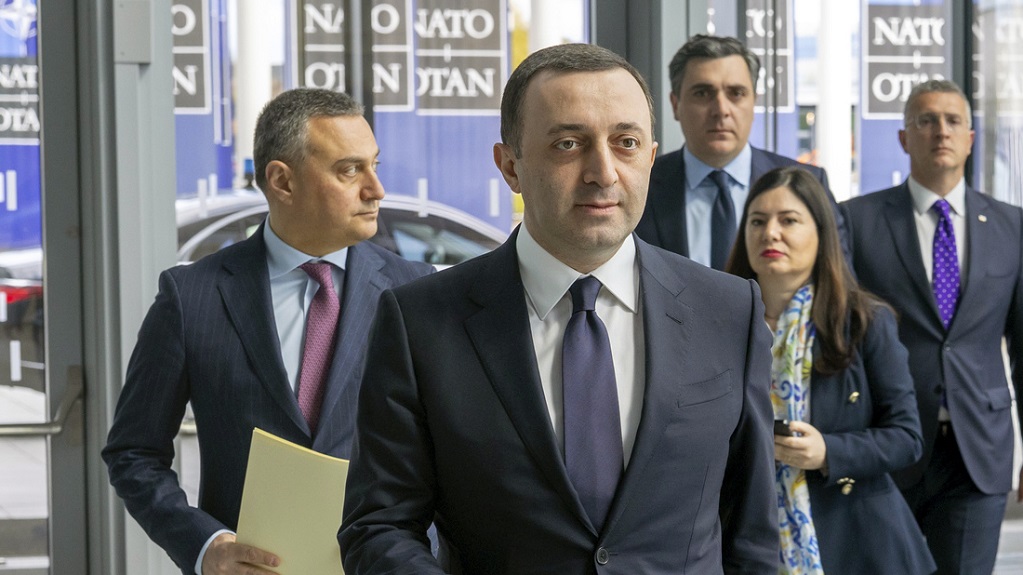“Although the people behind this operation attempted to conceal their identities and coordination, our investigation found links to the Strategic Communications Department of the Government Administration of Georgia,” says Meta, the company that owns Facebook and Instagram.
News
The report released today by Meta covers the first quarter of this year and concerns covert influence operations in the United States, Venezuela, Iran, China, Georgia, Burkina Faso, and the Republic of Togo.
“The network unmasked in Georgia spanned across many portals, including Facebook, Instagram, and TikTok. It focused on the domestic audience of the country.
The people behind the operation used fake accounts to create fictitious personalities, manage groups and pages, and like and comment on their own content to make it appear more popular.
These pages and groups positioned themselves as local, independent, pro-government groups. The network operated around the clock, distributing content that supports the running government of Georgia, including sharing content from official government pages and pro-government media reports.
They also shared content that belittles the opposition, especially during the recent public protests following the proposal of the so-called 'foreign agents' bill, which as of now had been retracted.
In effect, this mechanism reacted to heated events in real-time, including during the night hours. People behind this network published articles and comments, usually in Georgian,” writes the report.
Meta uncovered this activity through an internal investigation into suspected coordinated inauthentic behavior in the region. About $33,500 has been spent on advertising posts on Facebook and Instagram.
The term “coordinated inauthentic behavior” describes an attempt to steer public debate using social media platforms to achieve strategic (including political) goals. Fake accounts and pages play the leading role in such an operation.
This is not the first time coordinated inauthentic behavior has been exposed in Georgia. Among the hundreds of such accounts canceled in 2020 were more than 700 pages and groups linked to Koka Kandiashvili's Espersona on Facebook and Instagram. Earlier in 2019, Facebook suspended 39 accounts, 344 pages, 13 groups, and 22 Instagram accounts. These groups positioned themselves as news agencies, political parties, activist groups, and public figures. Their posts were centered mainly around elections, government policies, civil servants, criticism of the opposition, and local activists. At that time, Facebook's investigative team linked this activity to the advertising company Panda and the government of Georgian Dream.















